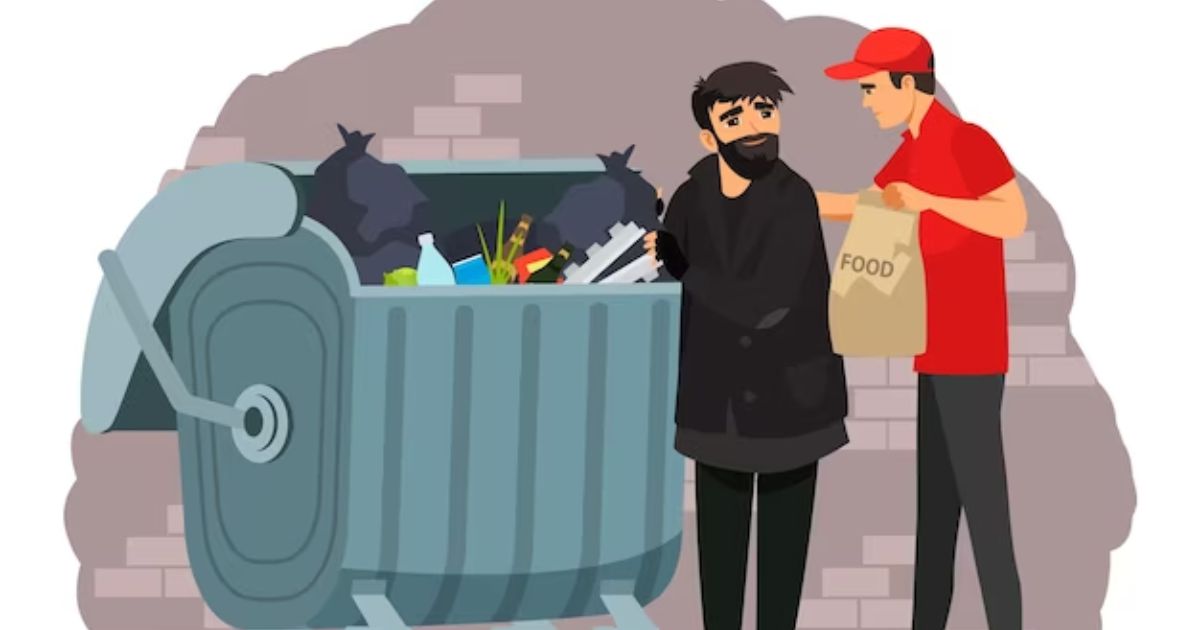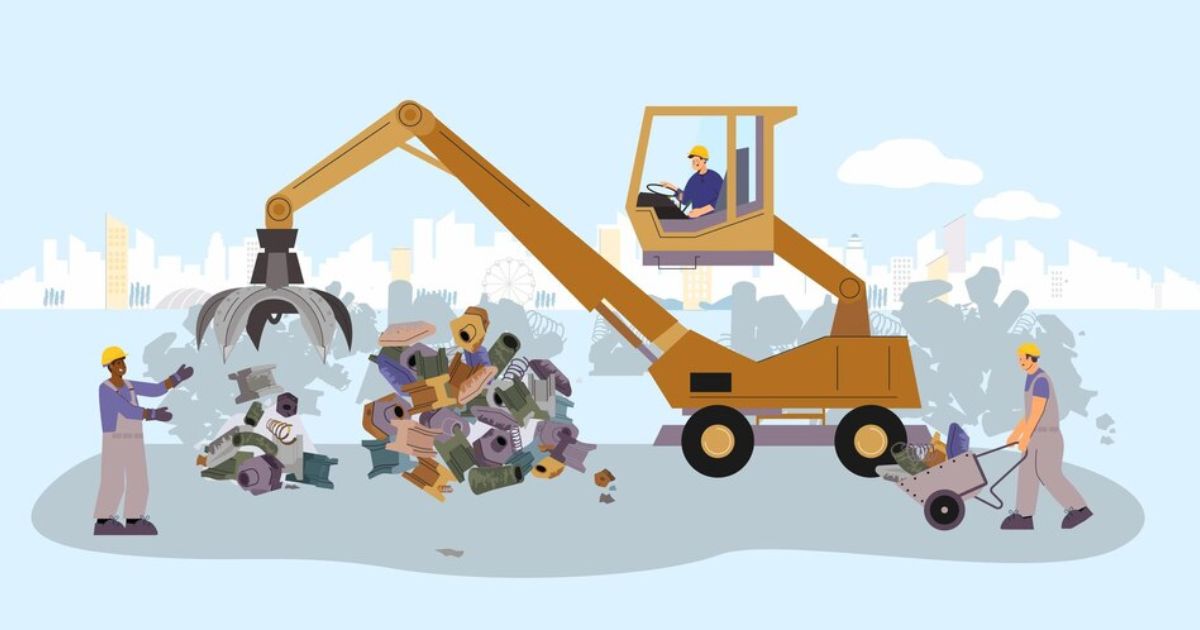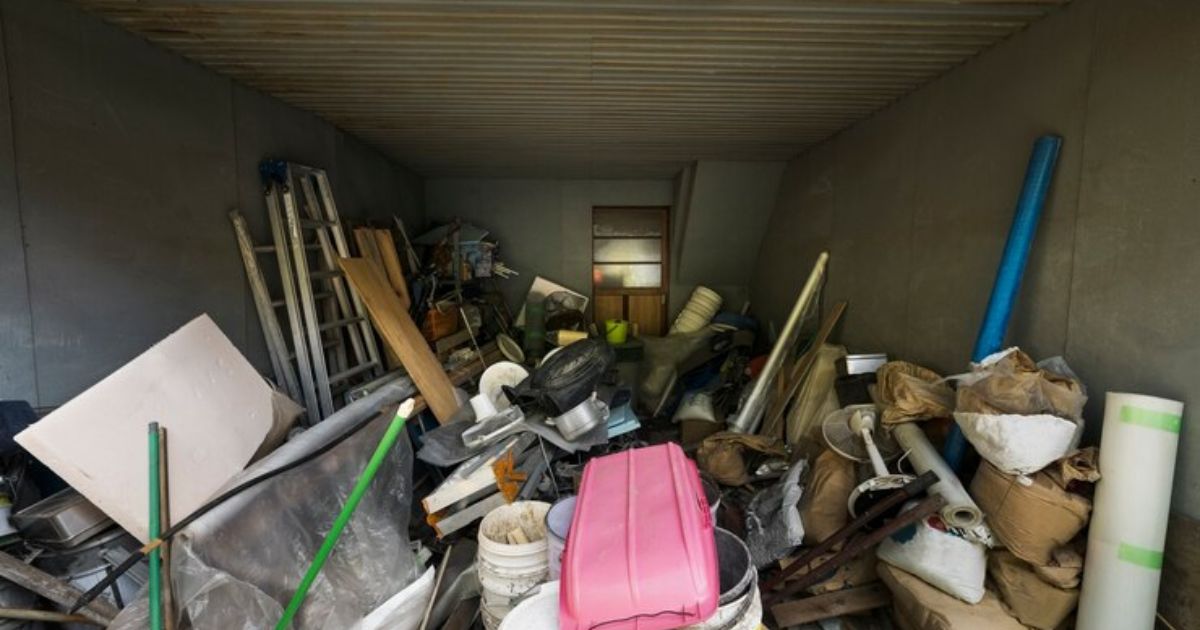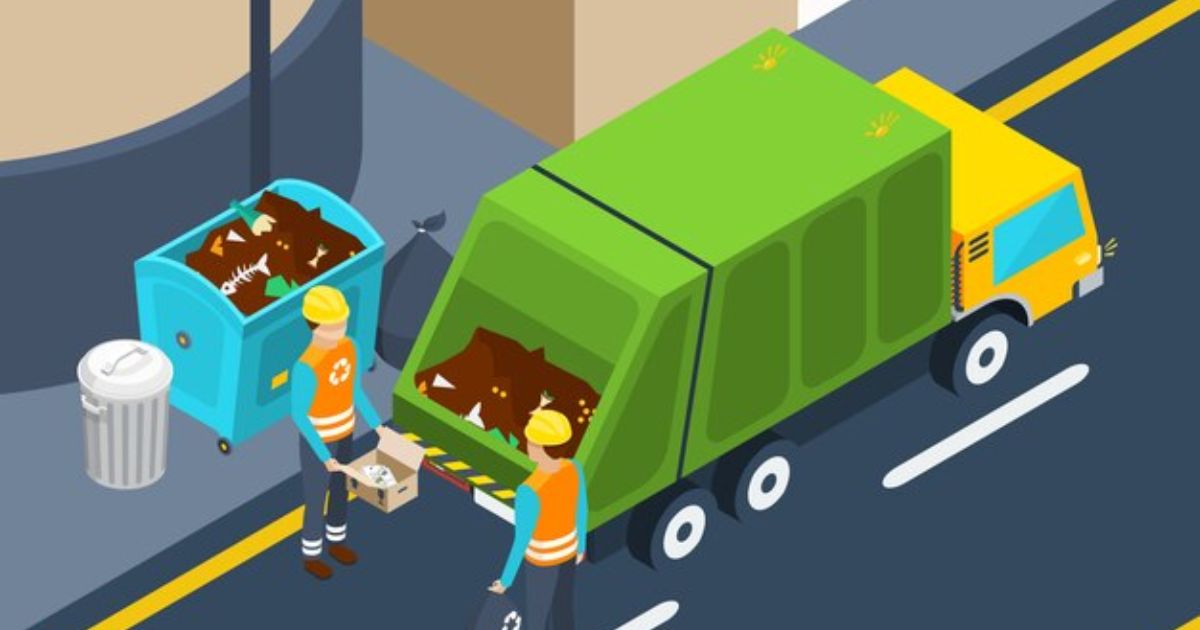In a world striving for cleanliness and order, the act of disposing of trash symbolizes a commitment to maintaining a harmonious society. Questions arise regarding the legality of throwing trash in public dumpsters. This article explores the boundaries between littering and illegal dumping, delves into the potential consequences of such actions, and provides insights into alternatives for legally disposing of waste. Join us as we unravel the legal complexities surrounding this everyday act and discover how to uphold our shared responsibility toward a cleaner environment.
Key Takeaways
- Strict regulations and enforcement measures should be implemented to prevent and address illegal dumping.
- Differentiate between littering and illegal dumping, considering the scale and impact of the improper disposal.
- Local authorities should set clear guidelines, define what constitutes illegal dumping, and establish penalties for offenders.
- Proper waste disposal methods should be followed, taking into account the regulations and guidelines set by local authorities.
Preventing Illegal Dumping
Preventing illegal dumping requires implementing strict regulations and enforcement measures, including the proper use of designated containers like trash cans. By establishing clear guidelines and consequences for illegal dumping, authorities can deter individuals from engaging in this harmful activity. Encouraging the responsible disposal of waste in designated trash cans plays a crucial role in maintaining cleanliness and preserving the environment.
These regulations should encompass various aspects, such as defining what constitutes illegal dumping, setting penalties for offenders, and outlining the proper disposal methods. To ensure compliance, enforcement measures such as increased surveillance, fines, and public awareness campaigns can be employed.
Fostering a sense of belonging and community pride can also play a crucial role in preventing illegal dumping. By promoting a clean and well-maintained environment, individuals are more likely to take responsibility for their waste disposal and discourage others from engaging in illegal dumping practices. This collective effort creates a sense of belonging and shared responsibility for the well-being of the community.
Impact of Illegal Dumping
Illegal dumping has significant consequences for both the environment and the community when individuals choose to throw trash in a public dumpster. The impact of this irresponsible behavior includes:
- Environmental pollution: Dumping waste in public dumpsters can lead to the contamination of soil, water, and air. Harmful chemicals and toxins can seep into the ground, potentially affecting plants, animals, and even humans. It disrupts the natural balance of ecosystems, leading to long-term damage.
- Health hazards: Illegal dumping attracts pests and rodents, increasing the risk of diseases and infections. It also creates breeding grounds for mosquitoes, which can transmit illnesses such as West Nile virus and Zika virus. The presence of trash and debris can also cause injuries and accidents.
- Aesthetic degradation: Dumping trash in public areas not only creates an eyesore but also diminishes the overall beauty of a community. It gives the impression of neglect and can deter potential visitors, affecting tourism and economic growth.
The impact of illegal dumping is significant and should not be underestimated. However, it is important to distinguish between littering and illegal dumping, as they have different implications for enforcement and penalties.
Littering Vs. Illegal Dumping
Differentiating between littering and illegal dumping is essential to understanding the distinctions in enforcement and penalties. While both involve the improper disposal of waste, there are significant differences between the two actions.
Littering refers to the act of disposing of small amounts of waste inappropriately, such as throwing candy wrappers or cigarette butts on the ground. On the other hand, illegal dumping involves the deliberate and often large-scale dumping of waste in unauthorized areas, such as construction debris or household waste in a vacant lot.
The penalties for littering are typically less severe, often resulting in fines, while illegal dumping can carry more severe consequences, including hefty fines, imprisonment, or both. Individuals must understand these distinctions to promote a clean and sustainable environment for everyone’s benefit.
Legality of Throwing Trash in Public Dumpsters
To understand the legal implications of throwing trash in a public dumpster, it is important to consider the regulations and guidelines set forth by local authorities. These regulations vary from place to place, but generally, there are laws in place to ensure the proper use of public dumpsters. Here are three key points to consider:
- Permitted items: Public dumpsters are intended for the disposal of household waste and small-scale commercial waste. It is crucial to only throw acceptable items, such as regular trash and recyclables, into these dumpsters.
- Prohibited items: Dumpsters are not meant for hazardous waste, construction debris, or large items. It is illegal and potentially dangerous to dispose of such items in public dumpsters. Proper disposal methods should be followed for these materials.
- Fines and penalties: Violating the regulations can result in fines and penalties imposed by local authorities. These penalties aim to discourage improper use of public dumpsters and promote responsible waste management practices.
Understanding the regulations surrounding public dumpsters is important to avoid legal consequences. In the next section, we will explore the potential prosecution for illegal dumping.
Prosecution for Illegal Dumping
When it comes to the consequences of improper disposal, individuals may face prosecution for their involvement in illegal dumping. Illegal dumping refers to the act of disposing of waste in unauthorized areas, such as public dumpsters or private properties, without the proper permits or permissions.
The prosecution for illegal dumping varies depending on the jurisdiction and the severity of the offense. Offenders can face fines, community service, probation, or even imprisonment. The legal repercussions may extend beyond criminal charges, as individuals found guilty of illegal dumping may also be required to pay restitution for any damages caused by their actions. Individuals need to understand the laws and regulations regarding waste disposal in their area to avoid potential legal consequences and contribute to a clean and sustainable environment.
Defenses Against Illegal Dumping
One possible defense against illegal dumping is to provide evidence of proper waste disposal permits and permissions. This defense strategy relies on demonstrating that the accused party had the necessary authorization to dispose of waste in a specific location or manner. To strengthen this defense, individuals or businesses can present the following evidence:
- Waste Disposal Permits: Showing valid permits issued by local authorities, which outline the specific locations and methods approved for waste disposal.
- Contracts with Waste Management Companies: Providing documentation that proves the accused party had engaged the services of a licensed waste management company responsible for the disposal of their waste.
- Receipts or Records of Waste Collection: Presenting receipts or records from waste collection services, demonstrating regular and proper waste disposal practices.
Alternatives for Legally Disposing Trash
An alternative for legally disposing of trash is by utilizing designated recycling centers or waste management facilities. These facilities are specifically designed to handle different types of waste materials in an environmentally friendly manner.
By bringing your trash to these centers, you can ensure that it is being disposed of properly and by local regulations. Recycling centers accept various materials such as paper, plastic, glass, and metal, and they often have separate containers for each type.
Waste management facilities, on the other hand, are equipped to handle larger items or hazardous waste that cannot be recycled. By utilizing these facilities, you not only contribute to a cleaner and healthier environment but also demonstrate your commitment to responsible waste management practices, fostering a sense of belonging within your community.
Disposing of Furniture in Dumpsters
Furniture disposal in dumpsters requires proper adherence to local regulations and guidelines. When disposing of furniture in a dumpster, it’s important to consider the following:
- Size and weight restrictions: Dumpsters have weight limits, and oversized furniture may not fit or be allowed. Be mindful of the dumpster’s capacity and ensure that the furniture can be safely lifted and deposited.
- Hazardous materials: Some furniture may contain hazardous substances such as lead paint or asbestos. These materials require special handling and should not be disposed of in regular dumpsters. Check local regulations to determine the proper disposal methods for these items.
- Alternative options: If the furniture is in good condition, consider donating it to a local charity or thrift store. Many organizations accept furniture donations and can help someone in need while reducing waste.
Dealing With Illegal Dumping in Your Dumpster
When faced with the issue of illegal dumping in your dumpster, it is important to promptly address and resolve the situation by applicable regulations and protocols. Illegal dumping not only poses environmental and health risks but also undermines the sense of belonging in the community.
To effectively deal with this problem, it is crucial to take proactive measures. Start by clearly marking the dumpster as private property and posting signs prohibiting unauthorized use. Regularly monitor the dumpster area and promptly report any instances of illegal dumping to the proper authorities.
Engage with community members and raise awareness about the consequences of illegal dumping. By addressing this issue promptly and collaboratively, we can create a cleaner and more inclusive environment for everyone to enjoy.
FAQ’s
Can I Throw Hazardous Materials in a Public Dumpster?
Throwing hazardous materials in a public dumpster is generally illegal due to safety and environmental concerns. It is important to dispose of such waste properly through designated facilities to protect public health and the environment.
What Are the Consequences of Throwing Away Personal Documents in a Public Dumpster?
Throwing away personal documents in a public dumpster can lead to potential identity theft or privacy invasion. Consequently, individuals should be cautious and consider alternative methods of disposal, such as shredding or using secure document destruction services.
Is It Illegal to Throw Away Expired Medication in a Public Dumpster?
While it is important to properly dispose of expired medication, throwing it in a public dumpster may not be the appropriate method. Local regulations should be consulted to determine the legal and safe methods of disposal.
Can I Dispose of Electronic Waste in a Public Dumpster?
When it comes to disposing of electronic waste, it is important to follow proper guidelines. While throwing e-waste in a public dumpster may seem convenient, it is not advisable as it may be illegal and harmful to the environment.
Are There Any Restrictions on Throwing Away Construction Debris in a Public Dumpster?
There may be restrictions on disposing of construction debris in a public dumpster, as it can pose safety and environmental concerns. It is advisable to check local regulations and consider proper disposal methods for such waste.
Conclusion
In conclusion, throwing trash in a public dumpster is not illegal as long as it is done properly and in compliance with local regulations. Illegal dumping poses significant environmental and health risks and can result in legal consequences. It is important to dispose of trash responsibly and explore alternative methods such as recycling and donation. One alarming statistic is that illegal dumping costs U.S. taxpayers over $11 billion annually, which highlights the urgent need to address this issue.











